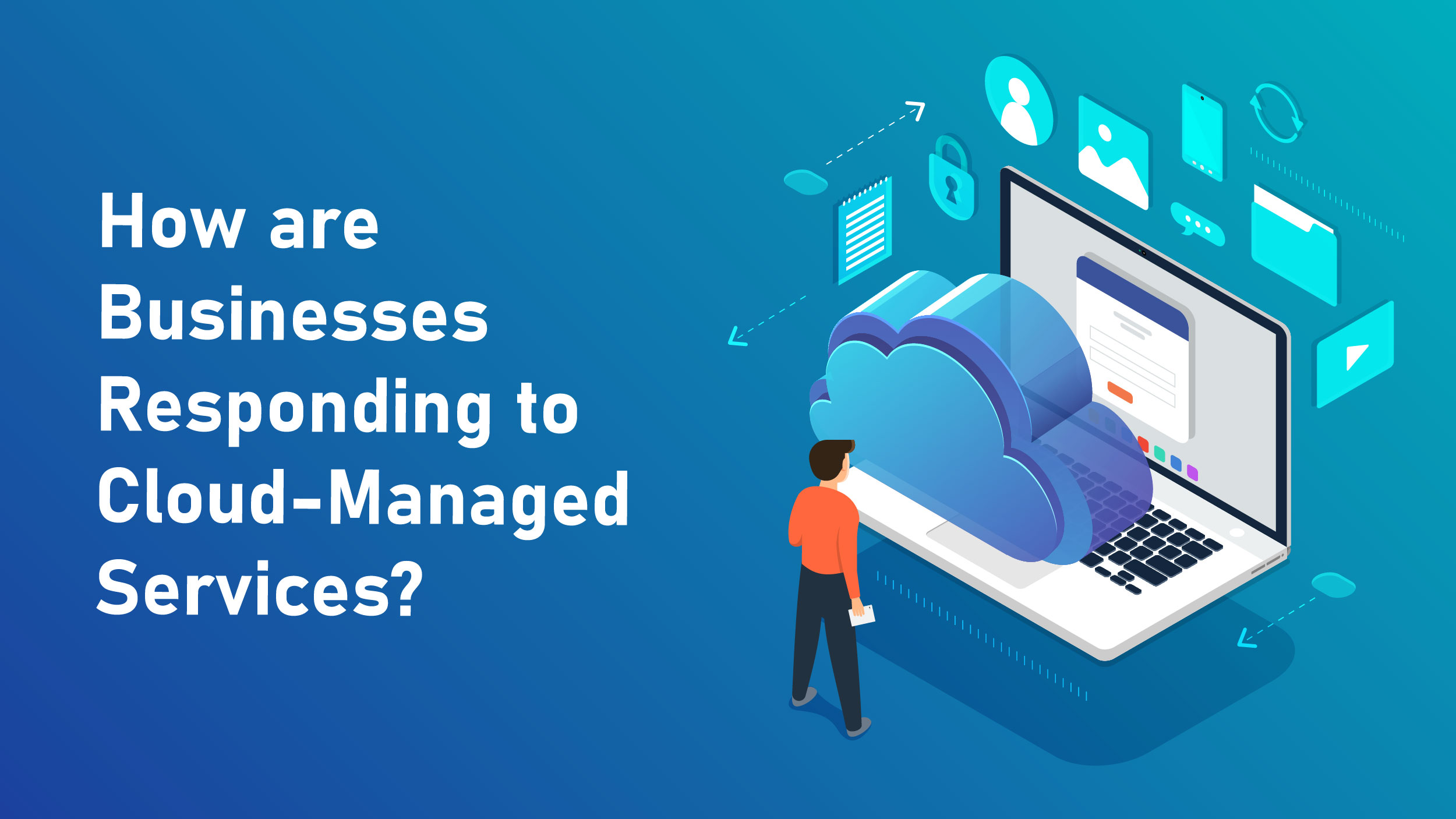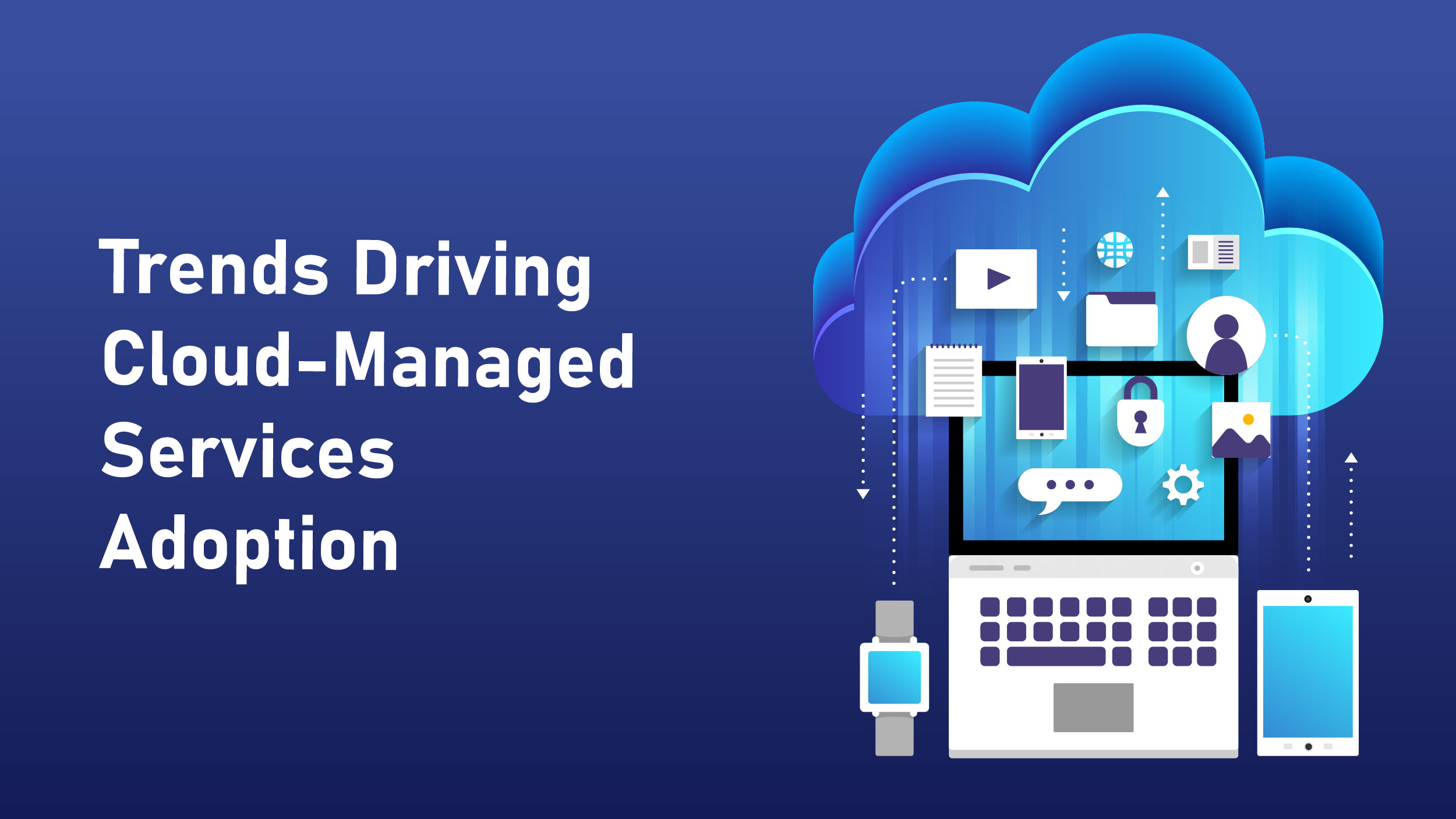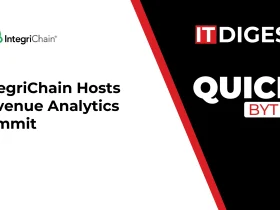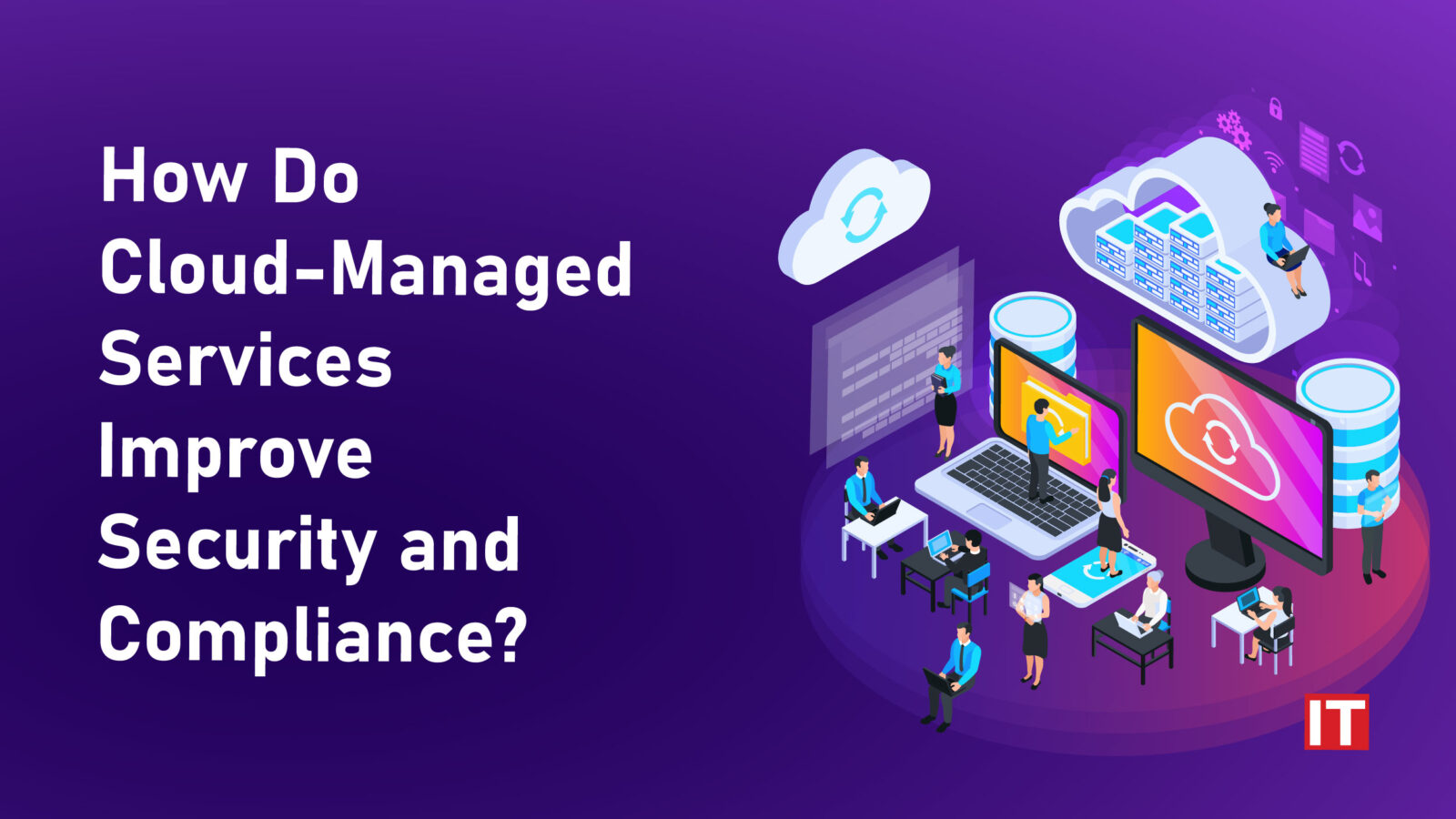Businesses encounter a myriad of difficulties when it comes to protecting their important data and infrastructure in today’s fast-changing digital environment. Organizations need to be proactive in their approach to defending their systems as cyber threats become more sophisticated. Cloud-managed services, which not only offer scalability and cost efficiency but also provide increased security measures, are a solution that has received much traction in recent years.
The term “cloud-managed services” refers to outsourcing security and IT infrastructure management to a reputable third-party service provider. These suppliers target dependable and secure cloud-based solutions, letting companies outsource infrastructure upkeep and concentrate on their core strengths.
In this article, let’s dive into greater detail about cloud-managed security services, outlining their advantages and how businesses can use them to encourage innovation while keeping their data and operations secure. So, keep on reading!
How are Businesses Responding to Cloud-Managed Services?
 With the increasing use and popularity of cloud computing services, cloud service providers are now offering enhanced security features and compliance certificates. Notably, cloud computing has become important for businesses and governments worldwide, mainly for increasing collaboration, cutting costs, and expediting innovation.
With the increasing use and popularity of cloud computing services, cloud service providers are now offering enhanced security features and compliance certificates. Notably, cloud computing has become important for businesses and governments worldwide, mainly for increasing collaboration, cutting costs, and expediting innovation.
Sophos MDR, NTT Managed Cloud Services, Trend Micro Managed XDR, Bitdefender Managed Detection and Response Service, and Tata Communications Managed Threat Detection, and Response MDR Services Provider are a few service providers that help businesses build a strong infrastructure. Additionally, CriticalStart Managed Detection & Response Services regularly assesses and supports the Microsoft Cloud platform.
Despite the benefits of cloud adoption, most companies that use public cloud services have had breaches due to skilled hackers, and many of those companies have also experienced data theft. However, the remaining percentage of businesses still chose to store sensitive data in the cloud. This is why opting for reliable cloud-managed service providers is the safest option.
Why Do We Need Cloud-Managed Services?
You might have mixed feelings about the security and compliance of your data if you’re contemplating a shift to the cloud. Security breaches, compliance audits, and other issues have most of the peers second-guessing the idea of moving larger or more sensitive data into the cloud. This is why companies that use managed cloud services for cloud deployment and management often realize that they benefit from enhanced security and increased capabilities for compliance.
Many companies are able to increase their awareness of new cybersecurity threats. As a result, they are continually looking for ways to prevent them and have access to the most recent data on cybercrime and breaches, ensuring your safety against new threats. Your apps and data must be accessible at all times, especially during natural or man-made disasters, because cloud-managed services are accountable for their availability.
The majority of cloud-managed services often permit failover to a new location as well as failback, all within a predetermined recovery period that has been specified and agreed upon before man-made disasters arise. Knowing this, it may seem difficult to guarantee data security in the cloud. In many circumstances, security and compliance capabilities are stricter than what can be accomplished in your own network infrastructure.
Therefore, cloud-managed service providers focus on the main concerns, which are the performance, security, and availability of the applications and data stored in their cloud. They maintain a keen awareness of data security at all times, and their efforts are evident in the outcomes that actual users applaud.
4 Trends Driving Cloud-Managed Services Adoption
 1. Expansion of Hybrid And Multi-Cloud Settings
1. Expansion of Hybrid And Multi-Cloud Settings
Demand for cloud-managed services that can assist companies in managing and securing their workloads across different clouds is rising as more companies adopt hybrid or multi-cloud strategies.
2. Growing Importance of Compliance & Security
Businesses are putting a bigger emphasis on security and compliance in the cloud due to the rise in data breaches and stringent cloud compliance standards. In order to meet this demand, cloud-managed service providers are expanding their selection of security and compliance services.
3. Soaring Prevalence of AI And Machine Learning
A variety of aspects of cloud management, including provisioning, monitoring, and security, are being automated to boost the use of AI and ML. In order to provide their clients with services that are more efficient, cloud-managed service providers are progressively implementing AI and ML solutions.
4. Rising Need For Managed Services For Certain Workloads
The need for managed services for certain workloads, such as big data, analytics, and machine learning, is rising in addition to the general requirement for cloud-managed services. In response to this surge in demand, suppliers of cloud-managed services are providing specialized services for these workloads.
Bell and FX Innovation Join Hands to Accelerate Digital Transformation
Recently, Bell, a leading Canadian internet and telecommunications firm, acquired FX Innovation, a supplier of managed and professional services and workflow automation solutions based in Montréal.
This acquisition was devised to enable Bell to increase its expertise in managed cloud and professional services while allowing FX Innovation to extend its geographic reach.
The Future of Cloud-Managed Services
As migrating to cloud becomes a key focus for many companies, here are some implications of this shift that we can expect to see in the years to come:
- Cloud-managed services are becoming an essential component of cloud adoption strategies. Now that more companies are adopting cloud computing, they are looking for managed service providers (MSPs) that can interface with cloud vendors and support their cloud infrastructure.
- The rise of hyper scalers and the increasing dependence on cloud computing, IoT, and data analytics mean that the demand for cloud-managed services is expected to continue growing in the future. The growth areas in the managed services space include cloud management, infrastructure management, and security management.
- Businesses are becoming more susceptible to internet outages and cyberattacks as they depend more and more on cloud-based services. In order to combat this, cloud-managed service providers are fortifying their security posture by investing in cutting-edge threat detection and response capabilities, such as managed detection and response (MDR) services.
Final Thoughts
Cloud-managed services offer highly developed threat detection and response capabilities, managed security services, and round-the-clock assistance for cloud computing infrastructure. This helps businesses reduce their chances of a security breach and strengthen their security posture by utilizing the knowledge of managed service providers.
As a result, companies that invest in managed services are likely to see greater security, less risk, and increased business agility, making cloud-managed services a crucial part of any cloud adoption strategy.



































